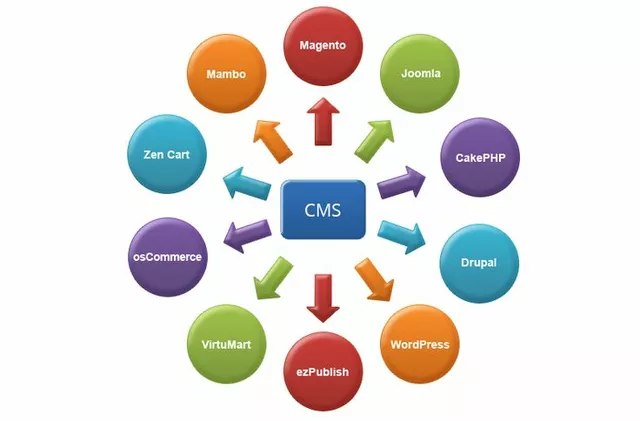Indian Expatriate: Practical guide for property, banking and legal steps
Owning or managing assets in India while living abroad is normal — but a few slip-ups can cost you a lot. This guide gives clear, practical steps NRIs and Indian expatriates need for property, money transfers and basic legal rules. No jargon, just what to do and what to watch out for.
Legal and banking basics every expatriate must know
If you live outside India and hold Indian citizenship or OCI status, you can buy residential and commercial property. Buying agricultural land, plantation property or a farmhouse usually has extra limits. Use correct bank accounts: NRE (repatriable) for foreign income and NRO (non-repatriable) for India income. Always route property transactions through NRE/NRO as required by banks and the Foreign Exchange rules.
Repatriation of sale proceeds: you can usually repatriate sale money for a residential property subject to rules and paperwork (FEMA-related). Keep records: purchase deeds, sale deed, proof of payment and a no-objection certificate from the bank if you had a loan. For clarity on specific limits and forms, ask a bank or a tax advisor before selling.
Tax, rent and documentation — keep these in order
Rental income from Indian property is taxable in India. Expect TDS when you receive rent or sale proceeds; use Form 15CA/15CB when required. Capital gains tax applies on sale; long-term vs short-term depends on holding period. Check Double Taxation Avoidance Agreement (DTAA) between India and your resident country to avoid being taxed twice.
Power of Attorney (PoA) is common but use it carefully. Grant a limited, specific PoA for tasks like registration, rent collection, or sale. Prefer a registered PoA with clear expiry and a trusted local representative. For major deals, travel to India for signing if possible — courts and buyers prefer in-person signatures for big transactions.
Practical tips to manage property from abroad
1) Hire a local manager or trusted family member for maintenance and tenant checks. 2) Use escrow for large payments to avoid fraud. 3) If you plan to rent, put a lease agreement in place and take security deposit receipts. 4) For buying, verify title, clearances and building approvals through a local lawyer before paying. 5) If you need a loan, several Indian banks offer NRI home loans; compare rates, tenure and prepayment terms.
Final quick checklist: keep all property deeds and receipts scanned and backed up, maintain NRE/NRO statements, file Indian tax returns on rental/sale income if required, and get written service contracts for property managers. If anything feels unclear, get help from a chartered accountant and a property lawyer — a small professional fee often saves much more later.
Stay practical: paperwork, proof of payment and trusted local help are the three things that protect your investment while you live abroad.

How is life for an Indian in Italy for settling?
Living as an Indian in Italy can be quite an adventure, filled with unique experiences and challenges. While the stunning landscapes, rich history, and delectable food are enticing, the language barrier and cultural differences can be tough to navigate. Finding Indian communities and grocery stores selling Indian spices and food items is comforting, but workplace discrimination can be a dampener. The Italian bureaucracy can often prove to be a headache, but once settled, the laid-back lifestyle can be quite enjoyable. Overall, it's a mixed bag of experiences that makes life interesting and worth exploring.
Expat Life & Immigration



